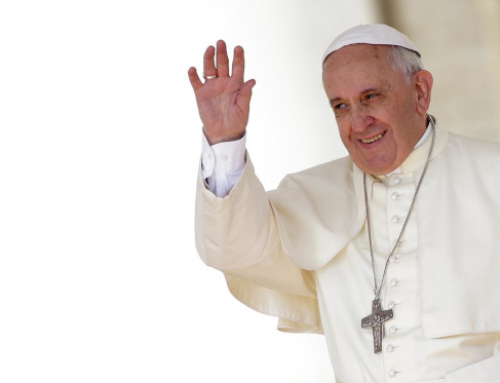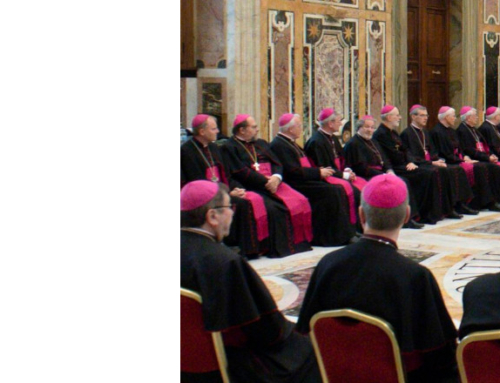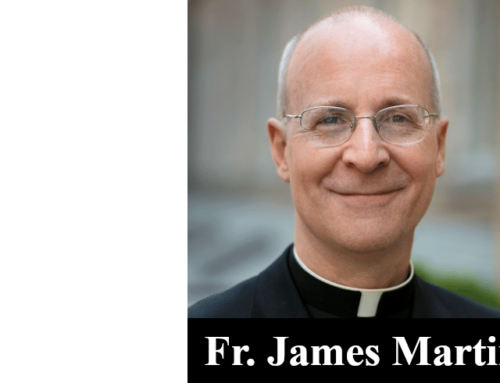Catholic League president Bill Donohue comments on testimony by the teachers’ unions in Rhode Island:
We live in an age where the slightest sexual infraction is seen as a serious offense, especially when there is a perceived power imbalance between the offender and the victim. Disagreeing vehemently with this stance are the teachers’ unions in Rhode Island. That they look guilty of tolerating sexual abuse is apparently of no consequence to them.
A bill has been introduced in the Rhode Island legislature that would make it a third-degree sexual assault for any school employee to have sex with a student between the ages of 14 and 18. Currently, it is not a crime for someone to have sex with a minor unless the person is under 14. Opposing the bill are the state’s two teachers’ unions.
On April 1, Pat Crowley of the state chapter of the National Education Association (NEA) noted his opposition to the bill at a hearing, though he did not elaborate. On April 8, Robert Walsh, the executive director of the NEA Rhode Island defended the organization’s opposition while saying, “It is patently ridiculous for anyone to imply that our organization, or any individual teacher, would condone any inappropriate relationship between a teacher and his or her students.”
What is patently ridiculous is to claim how horrible it is for a student between the ages of 14 and 18 to be a victim of sexual assault by a public school employee while also objecting to legislation that would punish such conduct. The power disparity between an agent of the state and a teenager should be obvious, even to lobbyists.
The United Federation of Teachers (UFT) in Rhode Island was represented by James Parisi. On April 8 he made the same argument he made a week earlier, noting the discriminatory nature of the legislation.
“You should include all the adults who have employment or other types of authority over 15-, 16- and 17-year-olds,” Parisi said. He wanted to know why store managers, for example, weren’t mentioned. The ACLU affiliate in Rhode Island said the same thing, saying that to single out teachers is “arbitrary and capricious.”
What makes this argument so stunning is that the public schools have been protected in every state in the nation from the same legislation on this issue that applies to the Catholic Church. Whenever there is a bill that allows for the prosecution of old cases of abuse—extending back to World War II—the public schools are typically given an exemption.
Under the antiquated doctrine of sovereign immunity, a public school student who has been sexually abused by his teacher has only 90 days to file a complaint. That’s it. So if he was raped at Christmastime, and has not contacted the authorities, it is already too late. To hear the teachers’ unions now whine about being singled out is a bit too much.
As for the ACLU, any organization that defends the sale and distribution of child pornography cannot be expected to protect teenagers from being sexually assaulted by their teacher. Where is the ACLU when the Catholic Church is being singled out? Why aren’t those legislative efforts “arbitrary and capricious”?
The rap on the teachers’ unions has always been that they care more about the rights of teachers than the welfare of students. The NEA and UFT in Rhode Island just cemented that view.
We will contact the Rhode Island legislature about this issue.







